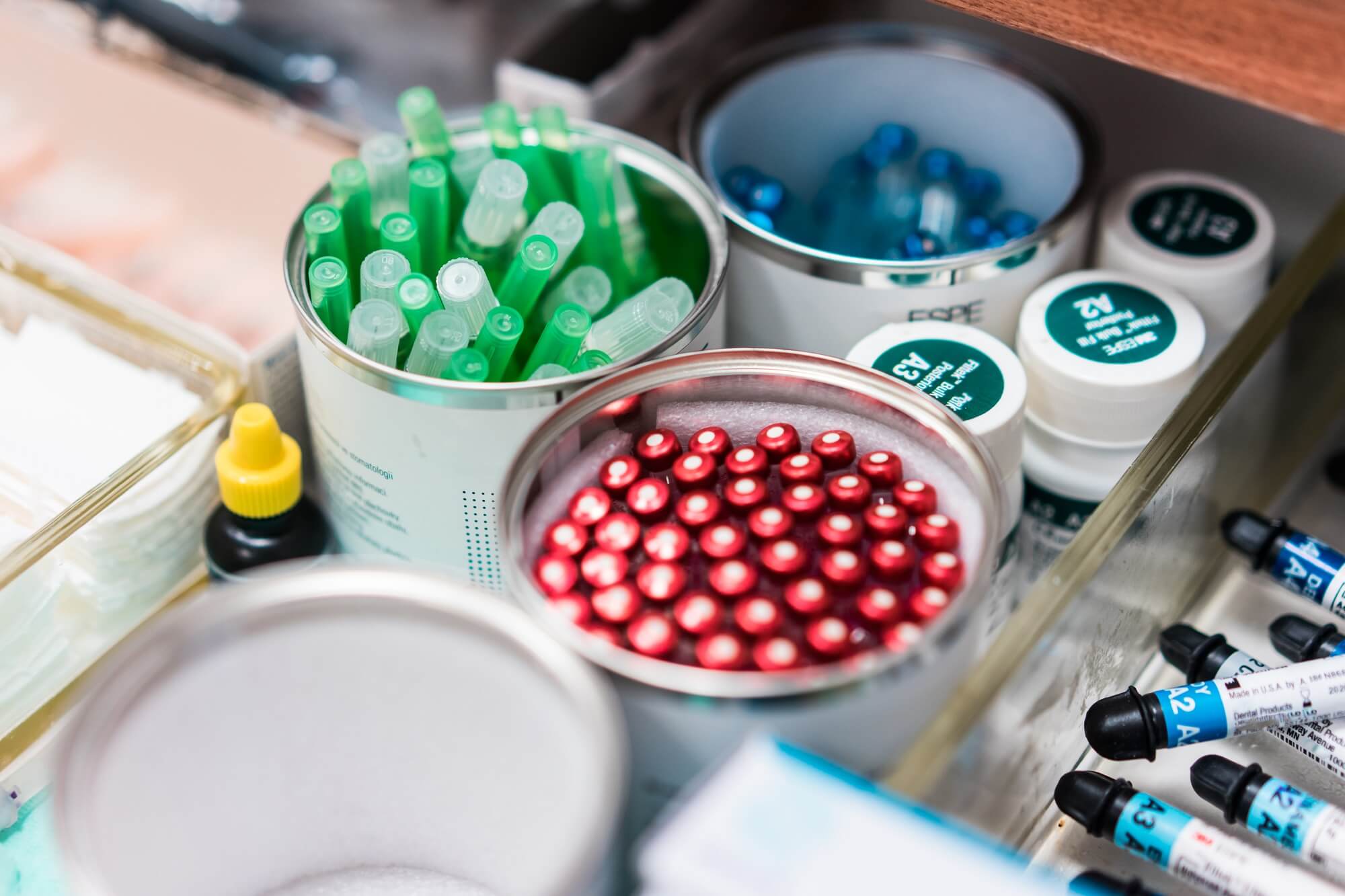Laboratory Sample and Records Retention
The importance of laboratory sample and records retention cannot be overstated. As the legal and ethical obligations of laboratories increase, it is vital to keep accurate records and securely store samples. Failure to properly maintain this data can result in significant consequences for organizations.
Introduction
The importance of laboratory sample and records retention cannot be overstated. As the legal and ethical obligations of laboratories increase, it is vital to keep accurate records and securely store samples. Failure to properly maintain this data can result in significant consequences for organizations.
Laboratory request, specimens, slides and records are maintained in accordance to the policy and procedures of each section concerned.
Laboratory sample and record retention require laboratories to remain compliant with federal regulations, industry standards, or other applicable laws. It is important to ensure that the data remains secure throughout the duration of its storage, as these materials are subject to privacy requirements.
Additionally, it is necessary for laboratories to have an efficient system for tracking samples and updating records regularly. By following established protocols, labs can guarantee that their samples are traceable at all times while simultaneously safeguarding confidential information from unauthorized access.
Lab Samples & Records
EMERGENCY / STAT
STAT tests are requested only in situations where the patient’s clinical conditions require a rapid response from the laboratory. Stat may vary according to the procedure requested; this depends on the number of STAT procedures already in process, available personnel and operating status of the equipment. Abuse of the STAT designation may delay testing in truly urgent clinical situations.
POINT OF CARE
Point of care is provided in near the site of patient other than the general laboratory, such as intensive care unit, emergency room and ward areas. The services being offered are like: glucose testing, cardiac/ profiler panel, and blood gas determination.
RELEASING OF LABORATORY RESULTS
Lab results are released through the LIS (Laboratory Information System) and can be accessed by the clinicians through the EMR. Results are released in two-phase. The Section in-charge releases a provisional verified result that can be accessed by the clinicians and used for treating patients. However, the result is subject to review and correction. After review, the pathologist will release the result as the final official result. All results are available through the EMR. The laboratory will not provide a printed result to clinicians.















